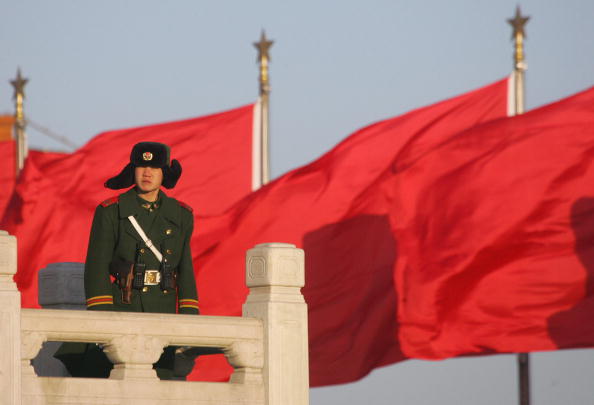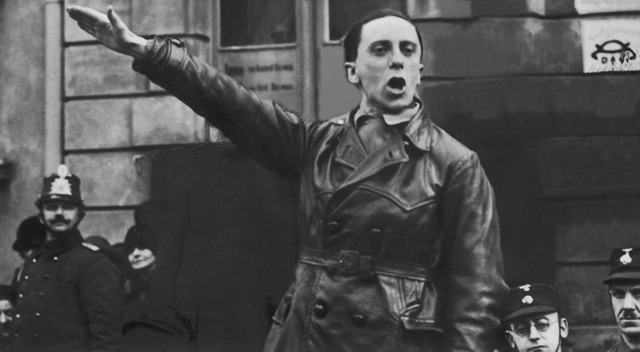Difference Between Communism and Dictatorship

Communism and dictatorship are two different ideological principles, with the two differing in their idea as to how a government should operate. Communism believes in a political and economic system which looks to distribute resources to each individual according to his/her needs and is completely the opposite of capitalism.
In the previous century, the world witnesses a long ‘cold war’ between two super powers, Russia and America, the former being an ardent supporter of communism. The war ended in the later stages of the 20th century with the downfall of the huge Russian empire.
Dictatorship, on the other hand, is a form of a government in which all the powers rest in the hands of a single person.
Society and its interests remain the top-most priority in communism; whereas, dictatorship safeguards the comfort and interests of the dictator.
The basic difference between the two is that communism allows a centralised organization to run the affairs of the state, with every citizen being considered equal. Whereas, one person manages everything in dictatorship.
Instructions
-
1
Communism
The word communism has been derived from a Latin word ‘communis’, which means ‘belong to all’ or ‘shared’. According to communism, the people in a society should be free from scarcity or oppression. It promotes the idea of a free society without any kind of division. In this system of government, state owns everything but it is also responsible to take care of its citizens in return.
Each and every social and economic activity is controlled in this form of government. Recent examples of communist regimes are Socialist Republic of Vietnam, the People's Republic of China (PRC), North Korea, the Soviet Union, Cuba, Cambodia and Laos.

-
2
Dictatorship
There can be different forms of dictatorship; however, military dictatorship is the most common of them, which is still witnessed in a number of countries. In dictatorship, absolute powers are enjoyed by an individual who comes to power through force. Most of the dictators come to power in the event of an emergency or catastrophe. Once the crises is dealt with, the head of the state gives up his powers and allows the state to return to the previous social order. However, this has not been the case in most of the dictatorships in recent decades as many countries have been ruled by dictators for decades now.
The recent ‘Arab Spring’ is an example of people rising against dictatorship in Middle East and overthrowing a number of governments.







